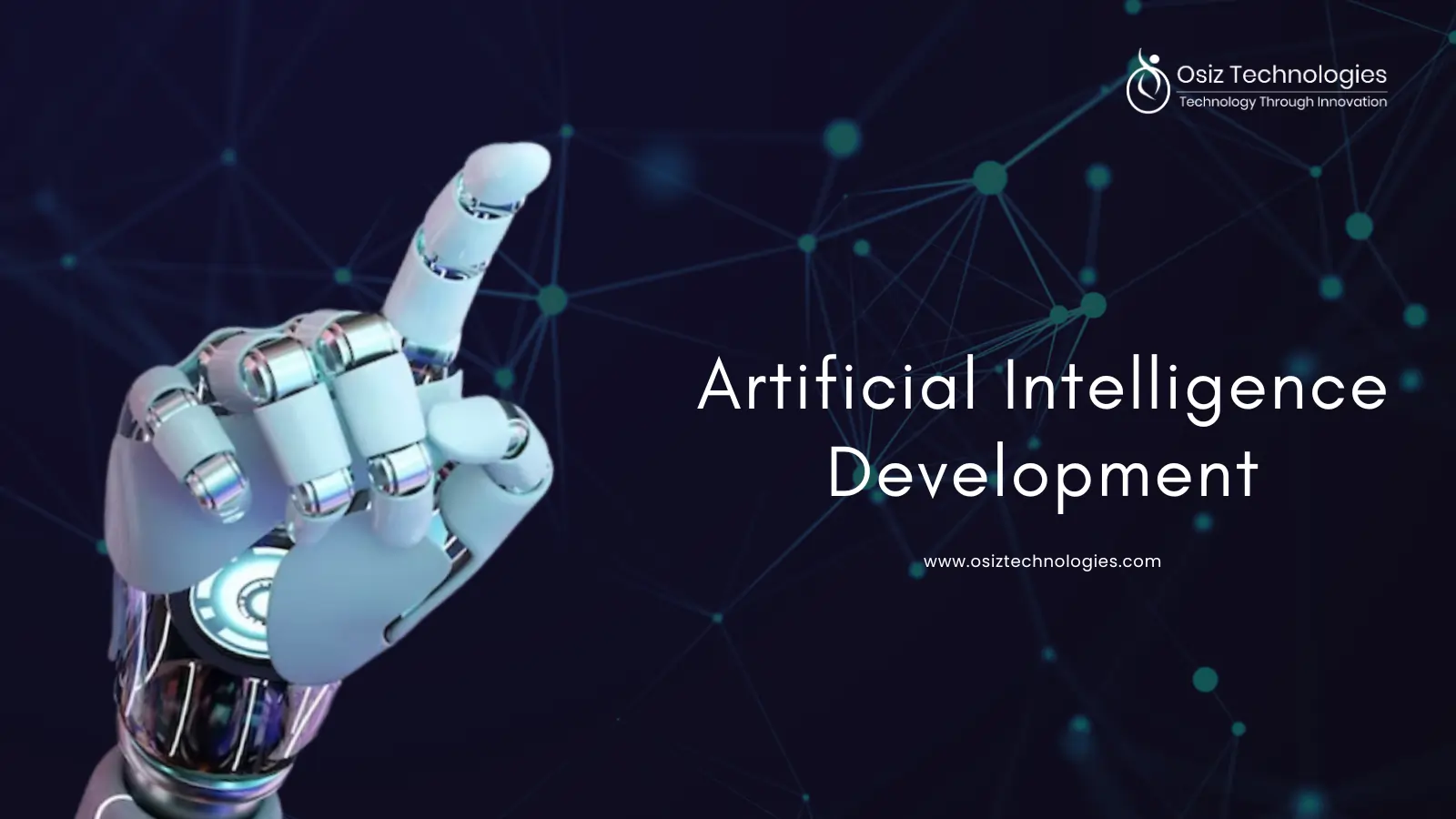Artificial Intelligence (AI) is rapidly evolving, impacting various sectors and reshaping how we interact with technology. As we move into 2025, several trends are emerging that will define the future of AI development. In this article, we will explore these trends, including generative AI, AI agents, and more, to provide a comprehensive overview of what to expect in the coming years.
1. The Rise of Generative AI
Generative AI has gained significant traction, with investments soaring to $33.9 billion globally in 2025, marking an 18.7% increase from 2023. This technology is not just limited to text generation; it has expanded into creating high-quality videos and images, making it a versatile tool for content creators and businesses alike. For instance, companies are leveraging generative AI to create marketing materials that resonate with their target audience, enhancing engagement and conversion rates.
2. AI Agents and Their Growing Autonomy
AI agents are becoming increasingly autonomous, moving beyond simple task automation to performing complex functions with minimal human intervention. These agents are designed to understand context and make decisions based on real-time data. For example, in customer service, AI agents can handle inquiries, resolve issues, and even upsell products, providing a seamless experience for users.
3. The Emergence of Multimodal AI
Multimodal AI refers to systems that can process and analyze data from various sources, such as text, images, and audio. This capability allows for richer interactions and more nuanced understanding. For instance, a multimodal AI system can analyze customer feedback from social media posts, emails, and voice calls to derive insights about customer satisfaction and preferences.
4. Frontier AI Models
Frontier AI models are pushing the boundaries of what AI can achieve. These advanced models are designed to tackle complex problems and are often built on custom silicon to optimize performance. As highlighted in the Morgan Stanley report, companies are focusing on AI reasoning and efficacy measurement, ensuring that these models deliver tangible results for enterprises.
5. AI Chips and Custom Silicon
The development of AI chips and custom silicon is crucial for enhancing AI performance. These specialized chips are designed to handle the intensive computations required by AI algorithms, making them faster and more efficient. As AI applications grow, the demand for custom silicon solutions will continue to rise, enabling businesses to leverage AI more effectively.
6. AI-Powered Automation
AI-powered automation is transforming industries by streamlining processes and reducing operational costs. From manufacturing to logistics, businesses are adopting AI solutions to automate repetitive tasks, allowing human workers to focus on more strategic initiatives. This shift not only increases efficiency but also enhances job satisfaction as employees engage in more meaningful work.
7. Explainable AI: Bridging the Trust Gap
As AI systems become more complex, the need for explainable AI grows. Stakeholders are demanding transparency in AI decision-making processes to build trust. Explainable AI provides insights into how algorithms arrive at specific outcomes, making it easier for users to understand and trust AI systems. This trend is particularly important in sectors like healthcare, where AI can significantly impact patient outcomes.
8. AI for Scientific Discovery
AI is playing a pivotal role in scientific discovery, enabling researchers to analyze vast datasets and uncover patterns that were previously unnoticed. For example, AI algorithms are being used in drug discovery to predict how different compounds will interact with biological systems, significantly speeding up the research process.
9. AI in Robotics
The integration of AI in robotics is leading to the development of autonomous systems capable of performing tasks in unpredictable environments. From self-driving cars to drones, AI-powered robots are revolutionizing industries by enhancing efficiency and safety. Companies are investing in AI-driven robotics to automate tasks that are dangerous or tedious for human workers.
10. Navigating AI Regulation and Governance
As AI technology advances, so does the need for regulation and governance. Policymakers are grappling with how to manage AI's impact on society, ensuring ethical use while promoting innovation. Organizations are urged to adopt best practices and frameworks that align with regulatory requirements, fostering a responsible approach to AI development.
Conclusion: Embracing the Future of AI
The trends in AI development are not just technological advancements; they represent a shift in how we interact with the world around us. As generative AI, AI agents, and other innovations continue to evolve, businesses and individuals alike must adapt to harness their potential. By staying informed and embracing these changes, we can ensure a future where AI enhances our lives and drives progress across various sectors. As a trusted AI Development Company, Osiz Technologies delivers forward-thinking solutions that help businesses stay ahead in this intelligent era. For more insights and innovative AI solutions, connect with us at osiztechnologies.
Listen To The Article












